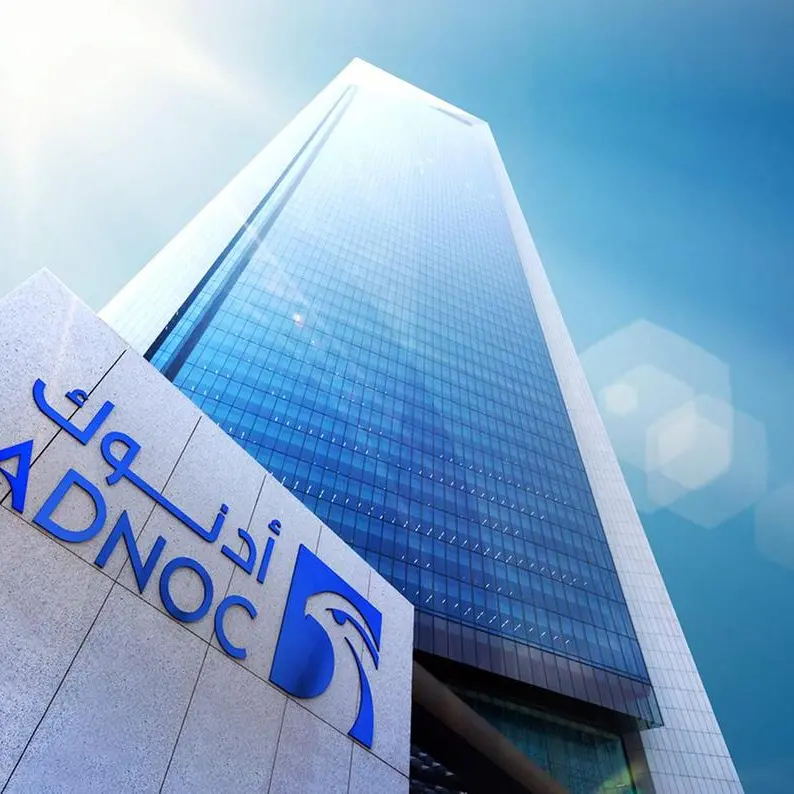Wednesday, Nov 16, 2005
Forget the reputation of librarians as fusty keepers of knowledge stored in dust-bound tomes. They, along with systems analysts and programmers, have helped to create a software system for the management of books and digital content that has become a multi-milliondollar global enterprise.
The software, called Aleph, was created in 1980 at Jerusalem's Hebrew University on the edge of the Judean desert. After the system proved a hit throughout Israel, the university's commercial unit decided to market it worldwide and helped to found the company Ex Libris. Total sales have steadily climbed from Dollars 5m in 1997 to nearly Dollars 30m (Pounds 17m, Euros 26m) last year.
The company, which is still based in Jerusalem but has about half its total staff of more than 200 people based in offices worldwide, has an impressive client list. "We service four of the top five libraries worldwide - the Library of Congress in Washington, the British Library, the Russian State Library and the National Library of China," says Matti Shem Tov, president and chief executive.
"The French developed their own solutions but we're sure they'll come to us one day."
Mr Shem Tov, whose background combines computer science and an MBA, has found the operating environment of Ex Libris quite different from the cut and thrust of the purely commercial world.
"The library information business is a unique industry because we are dealing with institutions that don't compete with each other but rather co-operate with each other for the sake of science and humanitarian purposes," he says.
"This is why we see a lot of co-operation both between the vendor and customers and among the customers themselves, who help each other to implement thesystem or come up withnew ideas to improve our products.
"I had to adjust to the academic world, but that was not so hard because I went to university. It's certainly less aggressive, which requires soft marketing, not a hard sell."
Outside the worlds of state libraries and academia, the company's commercial clients include carmaker DaimlerChrysler and pharmaceutical groups Merck and Bayer. There is also a banking version used to manage research at the European Central Bank, the Banca d'Italia and other central banks.
The company's firstsystem, Aleph, dealt withall aspects of managinga print library collection; cataloguing the book,acquiring the book, lending the book, handling finesand searching the catalogue.
But in the past five years, Ex Libris has shifted its strategy as more publishers produce electronic books and articles.
In 2000, it released SFX, which offers linking services to electronic resources. A year later it launched MetaLib, which allows users to access electronic collections either locally or remotely.
Another product, DigiTool, was released in 2002. It allows libraries, archives and museums to share collections while ?éA¡protecting content and copyright.
The most recent product, Verde, was produced in collaboration with Harvard University and the Massachusetts Institute of Technology and builds on SFX to create an electronic resource management system.
Mr Shem Tov says that for each product, the company co-operates with three or four existing customers. "Institutions want to be partners in spite of the fact that they don't get any rights, we keep the rights."
He stresses that Ex Libris is focused on products and is not a service company or a software integration house. The main revenue generator is the licensing of software and the long-term contracts to support it.
Essentially, the company uses the same piece of code but repackages it to serve different languages with different user interfaces. "This is the beauty of the system: one core product serving all these different institutions," says Mr Shem Tov.
"Because we come from a small country, we had to think internationally and globally from day one, and so the product can run in any language, including Hebrew, Arabic, Chinese, Korean and, of course,English.
"We are currently exporting in 25 languages to 57 different countries, unlike our US competition, which is more focused on the English-speaking market."
A milestone in the company's history was its first foray into the US and winning Harvard as a customer. This expansion came after completing its one and only round of financing to date in 1998. It raised Dollars 4m in private equity from two Israeli venture capital funds, Tamar Ventures and Walden Israel.
Today, 600 of its 1,650 customers are in the US. This was achieved in spite of the fact that many people had warned Ex Libris it was crazy to try to enter this market given the presence of large competitors, such asChicago-based Endeavor Information Systems.
"We have this idea that if we go to a new country, you go to the top. If I manage to first sell to Harvard in the US or UCL in London, then I can go down to the smaller institutions. This was the strategy from the start," says Mr Shem Tov.
Plans for future growth hit a hurdle recently when Ex Libris abandoned plans to list on London's Alternative Investment Market (Aim) after realising it would fail to achieve a planned valuation of Dollars 80m-Dollars 100m. Other high-tech companies that have rushed to list on Aim this year, including others from Israel, have also complained of low turnover on the small-cap market.
Ex Libris now plans to fund future acquisitions through a combination of organic growth and a possible round of private equity financing. But while capital raising has rebounded this year, figures released this week by the Israeli Venture Capital Research Centre showed a slight decrease over the third quarter. Israeli companies raised Dollars 336m in venture capital in the third quarter, down 13 per cent from Dollars 387m in the second quarter, and the centre forecast greater stability in investments.
Still, Mr Shem Tov forecasts the worldwide library market will reach more than Dollars 1bn annually, with growth coming from existing customers as they go digital as well as new customers, particularly in Asia where Ex Libris has gained 100 customers since it started operating there three years ago.
"Our system can cope with CJK - Chinese, Japanese and Korean - and this is where the growth is going to come from," he says. The company also has a network of distributors in countries such as Taiwan and the Czech Republic selling the products in secondary markets.
Regional tensions mean the Muslim world remains mostly out of bounds. "We don't sell directly in the Middle East. We have some customers in Egypt through our French office and in Malaysia through our UK office. We put in a bid in Brunei, but they told us bluntly they're not going to consider us because our head office is in Israel."
Mr Shem Tov believes the success of so many Israelis in the high-tech industry is partly down to their experience of military service in the defence forces. "As young individuals, we have to face quite difficult times in the army. I don't think we have a lot of other choices - we don't have any natural resources in Israel," he says.
"The Israeli Defence Forces created an industry around it and this was the main driver for high tech in this country; 20 years ago, it did not exist."
As for the future, he is a firm believer that business promotes peace. "I'm sure we will one day expand in the Middle East and any solution to peace lies in economics."
His vision: a Disneyland in the Gaza Strip, that would create thousands of jobs and give the Palestinians a stake in the future. "People laugh but I'm serious; they're not thinking far or wild enough."
By SHARMILA DEVI
Copyright The Financial Times Ltd 2005. Privacy policy.



















